| |
Paul Anka
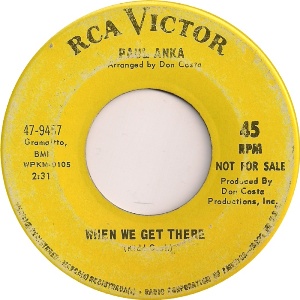
Can't Get You Out of My Mind / When We Get There - 7"
RCA - 1968
Michael Panontin
|
From a distance, it would seem as if Paul Anka's fall from the pop charts in the 1960s was precipitous. But that was only half the story. The Ottawa-born wunderkind, who at fourteen 'borrowed' his mother's car to drive to a music contest in Aylmer, Quebec (and was subsequently busted in a snow squall on the way back), placed a phenomenal 41 singles on the Billboard lists between 1957 and 1964. But after that invasion of mop-topped Brits stole his thunder - and, it would appear, his harem of fawning teenaged admirers - Anka the singer struggled to stay relevant.
As anyone who has managed to see Wolf Koenig and Roman Kroitor's 1962 NFB short Lonely Boy knows, Anka was a confident and savvy showman and not the vacuous teen idol most would have guessed he was. He had already penned many of his own hits, as well as Buddy Holly's 1959 UK and Canadian chart-topper 'It Doesn't Matter Anymore' and the theme to the Johnny Carson Show in 1962. And so while the rest of the Rat Pack crooners were scrambling to book slots on the casino circuit, Anka was getting down to business as a composer-extraordinaire, supplying material for the likes of Little Peggy March, Freddie and the Dreamers, and Bobby Rydell.
In fact, later in the sixties when drugs and psychedelia should have rendered him completely obsolete, Anka was reaching the peak of his songwriting success. He scored perhaps his biggest coup in 1969 with the English lyrics to 'My Way', which he wrote for Frank Sinatra after the great crooner had told him that "I'm quitting the business. I'm sick of it. I'm getting the hell out." Two years later, he lent Tom Jones his last big success for many years with the rollicking 'She's a Lady'.
Unbeknownst to many, though, Anka also wrote under the pseudonym T.H. Kidd, partnering with little-known country talent (and Anka's touring pianist) Bobby Gosh. In 1968, he and Gosh wrote what is easily Anka's finest song, the positively ebullient 'When We Get There', a tune that was actually better suited to a dank Manhattan supper club and thus could not have seemed more incongruous in a time of bell-bottoms, LSD and rock festivals. (And in fact a rare video of Anka performing the song at the Bitter End in New York briefly catches the faces of the young audience, looking bored out of their skulls as if they were forced to be there as part of a school trip or something.)
'When We Get There' appeared on the backside of a mostly forgettable 1968 single called 'Can't Get You Out of My Mind', which like pretty well every Anka record from 1964 until his 1974 comeback 'You're Having My Baby' tanked. But much like Anka's 1966 single, 'I Can't Help Loving You', which also died shortly after birth, 'When We Get There' has taken on a life of its own across the ocean. Kiki Dee for one included her own gooey version of it that same year on her debut LP. And then by the seventies, northern soul deejays - who definitely know a good tune when they hear one - were giving it a spin or two at those drug-addled allnighters.
Ian Dewhirst, who has spun all over Britain but who is best remembered for his residency at the Winter Gardens in Cleethorpes, was definitely a fan. "I had this little bit of a snobby attitude: it had to have a black vocal to it, male or female," he told historian Bill Brewster back in 1998. "[but] I'd occasionally let a white one through if it was a Dean Parrish or Paul Anka." In fact, he goes on to say (though it's unclear which of the two Anka discs he's referring to), "A lot of white records were highly regarded. Here's an example of a white act that's made one of the greatest northern soul records: Paul Anka."
RCA definitely got the memo, issuing both tracks - with 'When We Get There' on the top side - as a swell double-sided seven-inch in 1977. And that pairing has since been pressed up on bootleg copies a couple of times this millennium. Legit ones - US, UK or Canadian - still come pretty cheap, with clean originals going for about two hundred bucks these days.
|
|
Suggestions
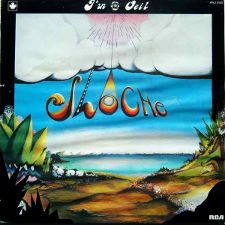
Sloche
J'un Oeil
RCA
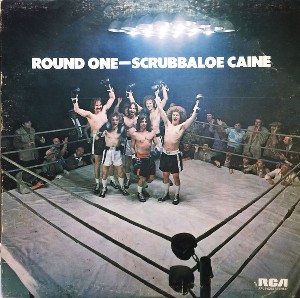
Scrubbaloe Caine
Round One
RCA
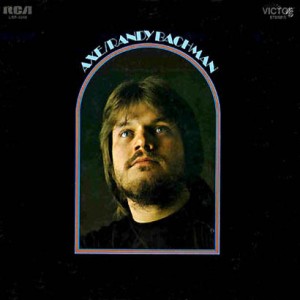
Randy Bachman
Axe
RCA
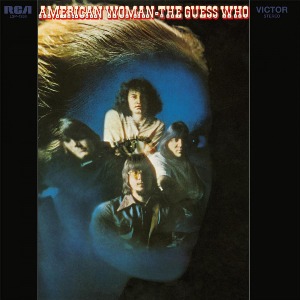
The Guess Who
American Woman
RCA
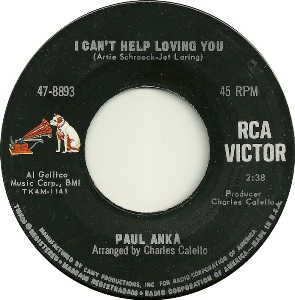
Paul Anka
I Can't Help Loving You / Can't Get Along Very Well Without Her - 7"
RCA
|








